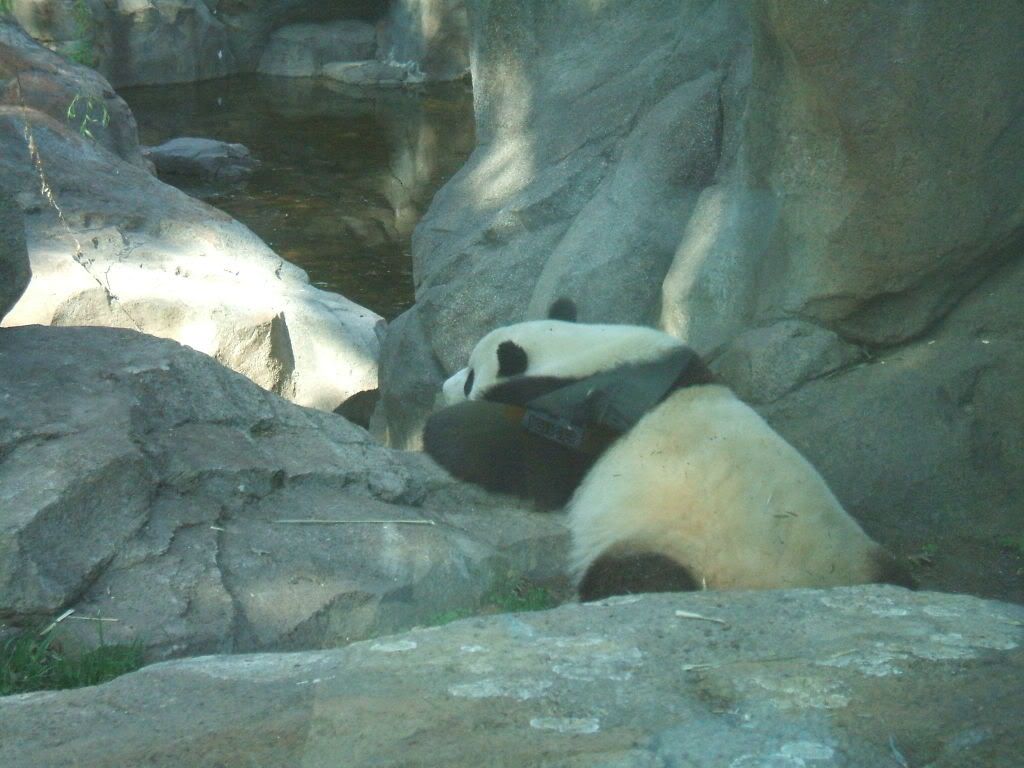On Memorial Day
It's funny how Memorial Day has taken on so many different meanings in it's 150 year or so history. It went from commemorating a moral victory, to remembrance of all war dead, and is now basically an excuse for selling discounted stuff. And yet in some ways the day hasn't lost any of its original meanings, but has rather gained a more multi-faceted identity. For some, the conflict between pro- and anti-slavery forces isn't quite over. Indeed, one could argue that the victory of the Civil War has yet to be consolidated in the form of a truly just and equitable society, given the continuing persistence of economic and social inequalities based upon race. Yet for others, the violent horrors of something so long ago don't really effect them much, and thus it's a good time for a barbecue and some discount shopping. Still others have attached new meanings to Memorial Day to commemorate the loved ones they lost in more recent conflicts. Sadly, a new group has this day, and likely all others, to remember the loss of someone close to them within these past three years.
But if Memorial Day really is about remembering the suffering of war, then how good are we at living up to that mandate? How many of us really stop and think about the U.S. service personnel that have given their lives in Iraq and Afghanistan, especially if we don't really know anyone who's died there? Sadder still, how many of us really think about the innocent civilians that have died in these wars and in others? In today's wars, something like 90 percent of casualties are civilians, which is the complete reverse of 100 years ago. Perhaps the continuing evolution of Memorial Day and similar commemorations will lead us to think about these newer questions.
In any event, memorials are essential to any society's dealing with conflict. As Martha Minow (1998: 121) puts it: “what’s needed, paradoxically, is a process for reinterpreting what cannot be made sensible, for assembling what cannot be put together, and for separating what cannot be severed from both present and future.” Memorial Day, along with other days and monuments, will likely continue to give voice to this ongoing struggle.








